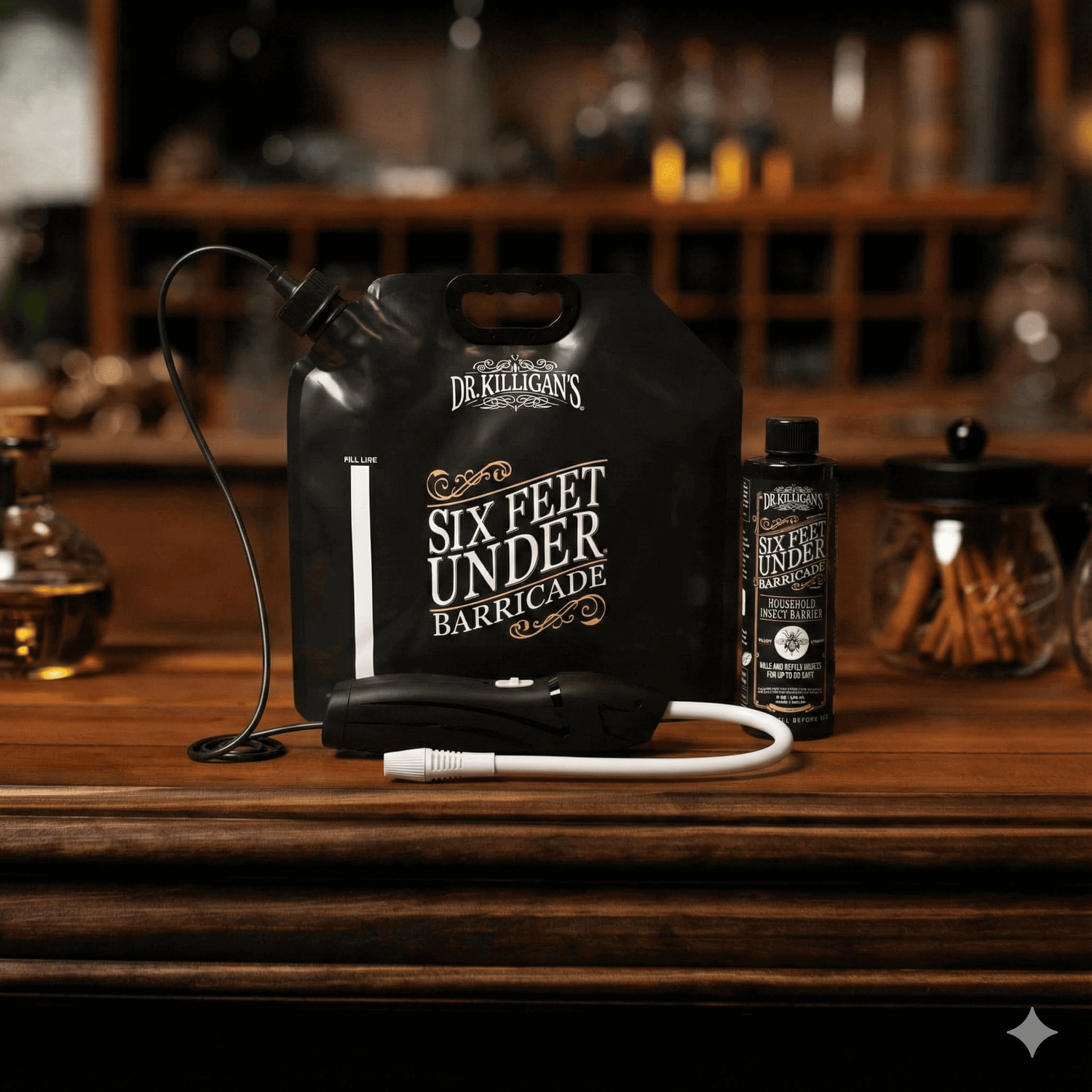Cockroaches have been around since the dawn of time and, according to legend, will be around long after you and I are gone. They are said to be able to survive a nuclear detonation. The most common is the German cockroach. Would you believe that this species of roach even has wings, yet do not fly? They do wreak havoc around kitchens and bathrooms, though.
The life cycle of a German cockroach
You might not think that the roach we have the most problems with, within the United States, would have a foreign name, but it does. The German cockroach is a small brown insect, 1/2” to 5/8” long, is oval in shape, has six legs, and has long antennae. There are three stages in their life cycle:
Egg
The roach egg is carried in a casing called an ootheca. It houses 30-40 eggs. This purse-like pouch is carried by the female until the eggs are ready to hatch. She will carry the ootheca around for about a month.

Nymph
The nymph stage begins as soon as the eggs hatch. They begin their life bright white, nearly translucent. As their cuticle hardens, they become dark brown to almost black, with parallel bands running down the length of their body.
The transition from the nymph to adult stage is a molting period referred to as an instar. Roaches will molt their exoskeleton and display their white appearance again until a hormone called bursicon assists in hardening and darkening their shell until the next molt. They will molt up to six times before emerging as an adult in about 60 days.
Adult
After the instar molting period and the completion of their bursicon hardening, the German cockroach will continue to feed and begin to seek out a mate to begin the cycle all over again. As adults, the German cockroach will live up to 200 days.
The overall life cycle will depend on many factors like temperature, location, and food availability. Their ideal conditions are warm and damp. So, when a cockroach enters your home, it thrives in kitchens and restrooms. They are not picky about food and will eat anything and everything. This is why you will find them in cabinets, closets, in between cardboard, in trash cans, in storage items, anywhere, and everywhere. Their greatest threat is human activity.
Can cockroaches make you sick?
Given that they are frequent travelers, are not picky about what they chose to dive into, and can reproduce at an alarming rate, yes, they can be seriously harmful.
Roaches can leave behind casings from molting as well as ootheca. These "dusts" can become an allergen issue for those with sensitivities or those suffering from asthma.
Roaches forage through the filth and can bring that into your home. Walking across counters, tables, and other items you may not see can contribute to the spreading of E. coli and Salmonella.
Roaches will contaminate anything they touch.
How do I get rid of roaches?
The first thing to help you fight off cockroaches is cleanliness. Roaches are attracted to a variety of smells such as those from trash cans, a sink full of dirty dishes, and unswept floors. These conditions are more favorable when you live in a multi-family housing unit. You may be clean, but your neighbor may not be. All it takes is one night of being too tired to clean up, and you may find yourself with new unwanted guests.

If you do not live in apartments or condos, you will want to check the items coming into your home: Cardboard boxes, new purchases (especially used items,) and anything from somewhere known to have a roach issue. Also, keep areas around your home free of the clutter that attracts roaches.
Dr. Killigan’s provides two methods to assist with ridding your home of roaches.
Dr. Killigan’s Insect Buster® is a bulb duster designed to disperse diatomaceous earth or Dust to Dust. Dust to Dust is a powder insecticide that is non-toxic and non-poisonous, and when paired with our Insect Buster, an excellent means for reaching roaches in the areas where they are hiding. Dust to Dust is known to be safe for humans and an effective alternative to diatomaceous earth, with proven kill times of up to 50% faster. Dr. Killigan’s Insect Buster bulb is sturdy, easy to aim, and easy to store with Dust to Dust powder inside of it.
Roaches are insects that people hope and pray they never have to deal with. But when you do begin to see their activity, you’ll want to rid your home of them quickly. Dr. Killigan’s Six Feet Under® is an on-contact all-natural roach spray that provides a proven method to rid the areas in and around your home of roaches.
Our team of professionals is dedicated to perfecting the art of Killing Them Softly®. We have designed 100% toxin-free pest control products that are not only safe, but are also created with style. Browse our shop today and put your bug problem to rest!

















